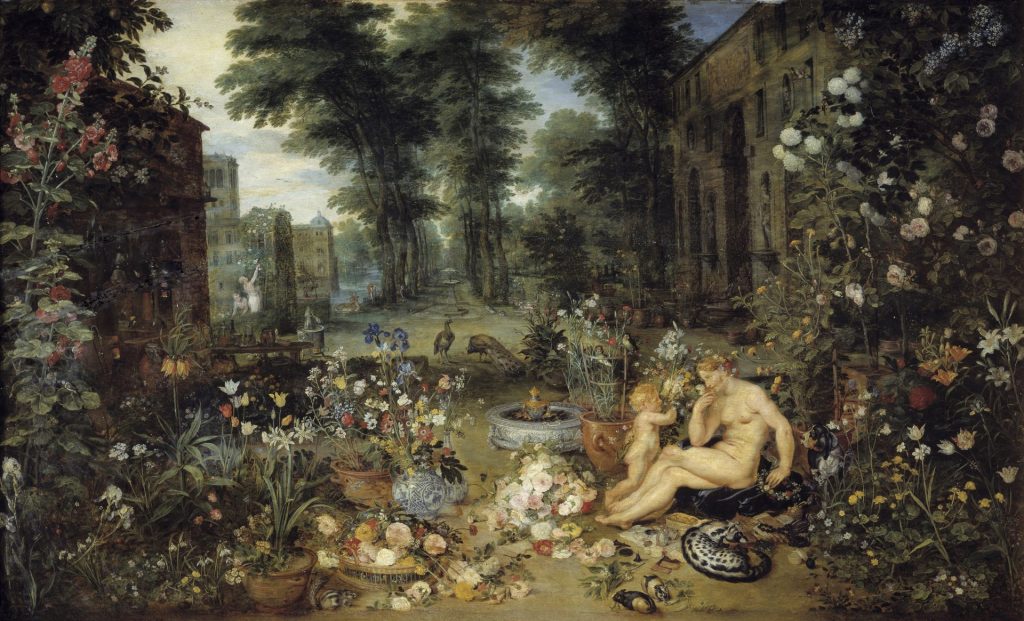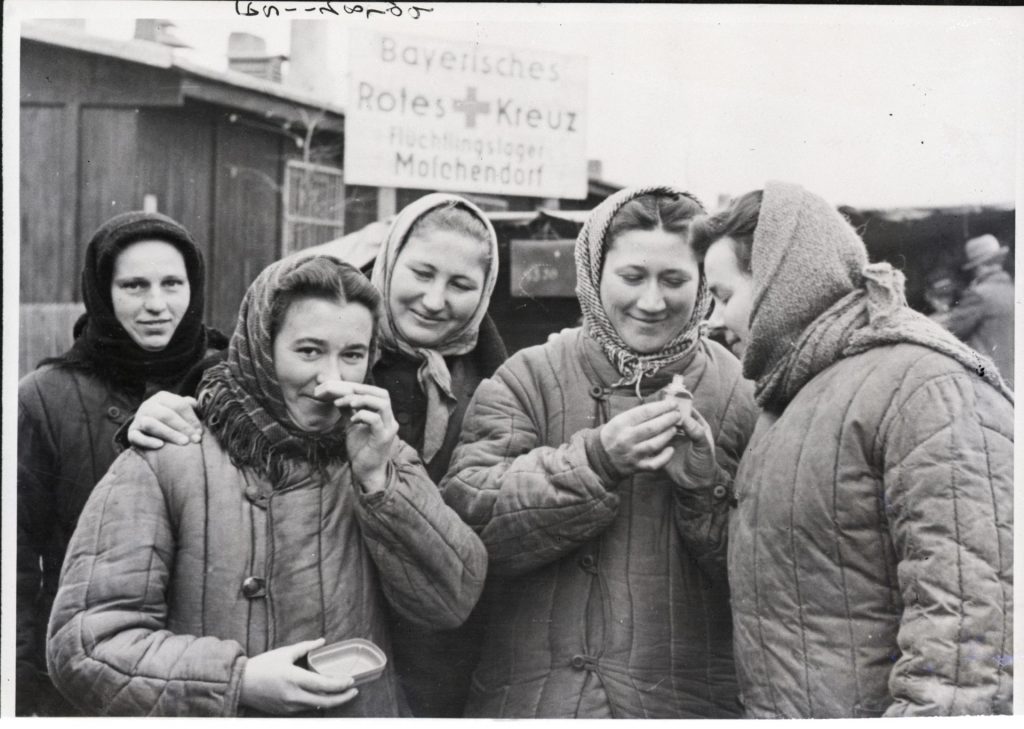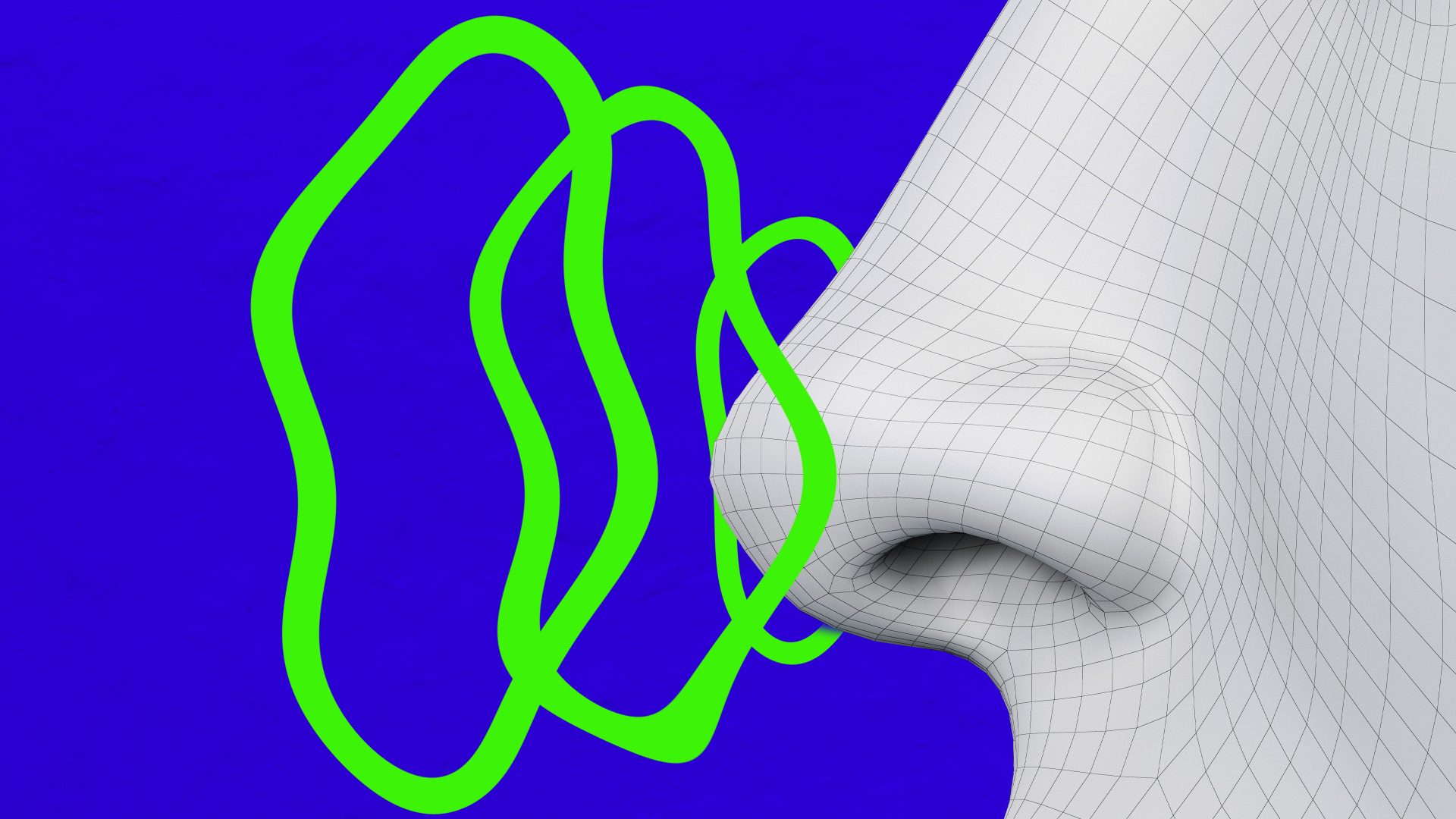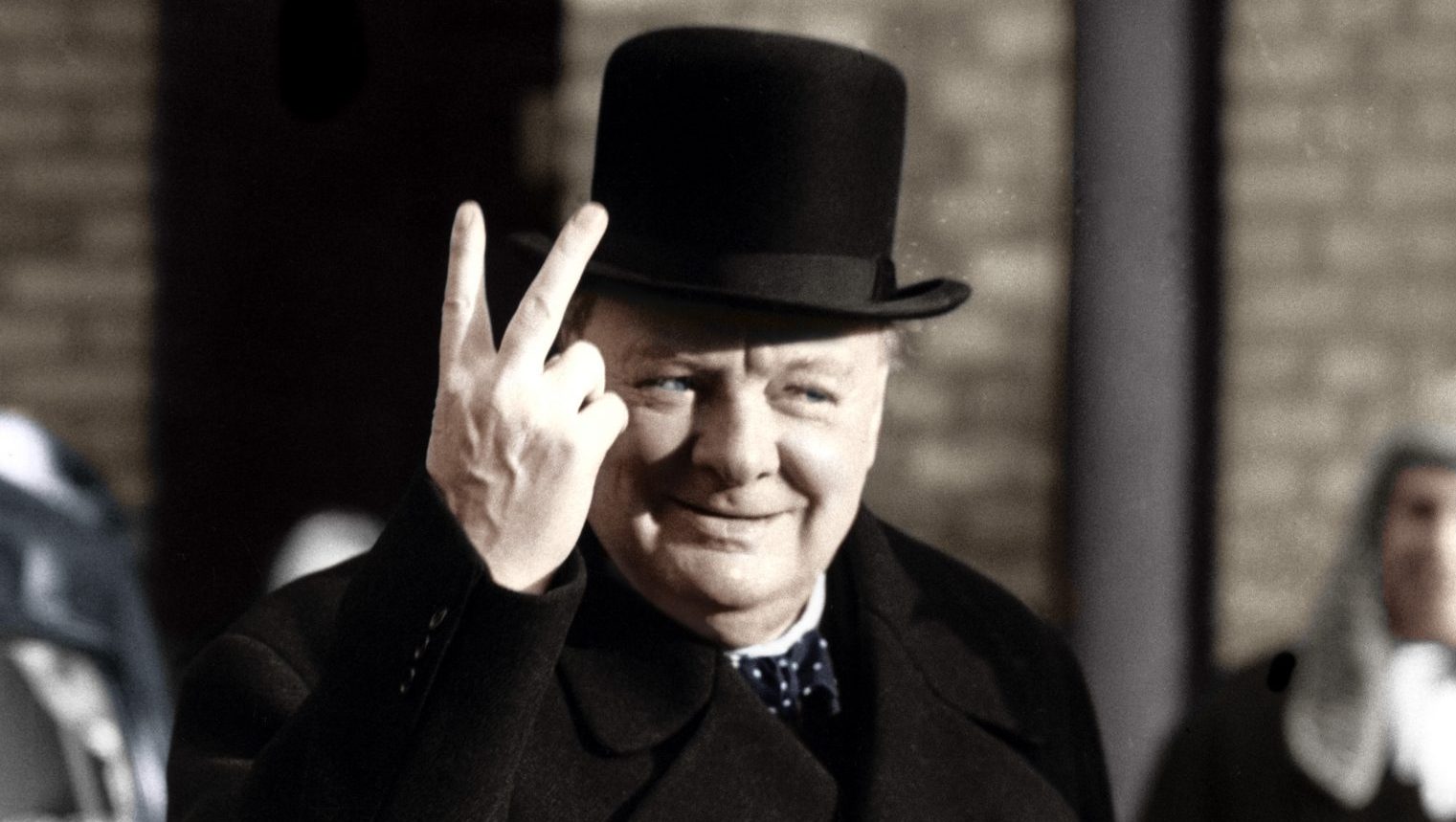I have always been hypersensitive to smells – able to tell when my children had been in a smoky room, quick to identify fragrances worn by others and inordinately disturbed by cooking smells lingering in the house. My visual memory is deeply wired to smell and some of the most significant moments in my life – both happy and sad – are indelibly linked to olfactory experience. I can still feel the fleeting childhood anxiety evoked by my mother preparing to go out for the evening heralded by a spritz of a particular Christian Dior perfume. And most of us who have become parents ourselves share the universal joy and immediately familiar scent of our newborn baby’s head.
In March 2020, when Covid struck, I had just embarked on my PhD and found myself in the bizarre situation of researching a book about a French perfumer and pioneer soap-maker in 19th-century Naples – but without a sense of smell. Forced suddenly to re-evaluate its sensory value in my life, I realised that I had often referred to olfactory impressions in my work as a foreign correspondent for the Sydney Morning Herald.
During one particularly hot summer just before the Arab spring, I’d spent a week with the Italian coastguard patrolling the seas between Libya and the tiny rocky island of Lampedusa, off the coast of Sicily. More and more people were risking their lives to flee Africa by sea in a bid to forge new lives in Europe, and while I witnessed several heart-wrenching mid-sea rescues, one in particular had remained with me. My story opened with the “overwhelming stench of fear mingled with acrid sweat” as scores of terrified young men were hauled from the rapidly sinking fishing boat on to the safety of the coastguard’s launch.
Years later, hiking in the foothills of the Himalayas to document the work of an ophthalmic surgeon who removed cataracts to return sight to blind villagers in remote Nepalese villages, it was the bitter smell of antiseptic wiped around patients’ eyes, portent of the insertion of the long needle with its relieving anaesthetic, that stayed in my mind. Similarly, in Kathmandu’s Pashupatinath Temple, Nepal’s oldest Hindu site, the pungent oily smoke from the human funeral pyres, and the morbid beauty of the stinking swirl around them, struck me even more than the sound of raw grief lancing the silence.
Locked down at home in London, I could now smell nothing of my domestic world, which made life feel alien and flat, as if I had been enveloped in an airless bubble. In normal times, walking the dog is a stop-start affair (much to my husband’s irritation) because, like the canine, I revel in slowing down and inhaling the smell of the outdoors, whether it is wet grass, the heady scent of cherry blossom or the first sprigs of climbing jasmine. Flowers without fragrance felt like a cruel mockery, their beauty visible but lacking the dimension I love most.
It felt wrong to complain when so many were critically ill or dying but the few pleasures left during that long, first-wave lockdown – food, booze, a daily walk outdoors – had lost their joy. At the dinner table, red wine tasted like salty water, white wine like a mild, odourless vinegar. My favourite aperitif, gin, was barely perceptible in the overwhelming, cloying sweetness of the tonic. Steak felt like biting into a slab of flabby leather, chicken a horrifying, bony rubber, while dark chocolate, my favourite, felt like biting into unscented soap.
In some ways, I was fortunate because I had been reporting on the arrival of Covid in northern Italy and had heard anecdotal stories from doctors in Lombardy reporting loss of smell among patients, but when I called my own GP to ask for a Covid test, the suggestion of a link was imperiously dismissed. My brother, an intensive care specialist running one of Australia’s biggest public hospital intensive care units in Sydney, alerted me to similar, informal reports from South Korea and Germany and agreed I should simply presume Covid infection and self-isolate.
Months later I would learn that a global surge in search engine requests for “loss of smell” by patients desperate for information occurred at the same time and this, combined with web chatter on platforms such as Twitter and Facebook, had also galvanised olfactory researchers from the UK to Italy and Germany, Iran and South Korea to the United States and Australia. Within weeks, scientists and clinicians had recognised the sheer scale of the anosmia epidemic and its potential for research, joining forces with patients and their advocates in an unprecedented global collaboration to understand exactly how it is that the Sars CoV-2 virus lays waste to what the ancient Greeks, in my mind rather unfortunately, had decreed our “fifth sense”. In the months that followed, I decided to follow in their footsteps, interviewing and visiting the laboratories of some of the world’s leading researchers to learn and document exactly how we humans smell and taste.
Smell is the most ancient of senses, honed by millions of years of evolution and crucial to all forms of life on earth. Careful sensing of the environment is key to animal reproduction and survival, protecting against unseen dangers such as toxic foods and gases, smoke and fire.
I learned that it is the first sense to develop in humans, while still in the womb, and that our tongue perceives five basic tastes – salt, sweet, sour, bitter and umami (savoury) – but that the joy of nuanced flavours comes thanks to our nose. When we chew food, odour molecules are released and pushed into the back of the throat and up into the nasal cavity. As that delicious lemon tart is ground down by our teeth, the zing of the citrus fragrance mixes with the sweet, buttery flavour of the pastry molecules and this symphony of odours is shunted upwards for processing by the olfactory neurons and brain.

Smell and taste are of course inextricably linked and yet they are also the least understood of our senses: sight and hearing have long dominated scientific research and medical funding. And yet our olfactory reading of the world is protective against danger as well as hedonic, the product of layers of learning and association that then work hand-in-hand with a series of intricate neurological responses.
Naturally, we imagine our senses working together, a harmony between sight, hearing, touch, and smell, even though we may not be generally aware of the process. But when you put your nose to something to smell it and, suddenly, the resulting sensation bears no relationship to what you expected, the effect is not only startling but jolts you to a conscious awareness of a disrupted sense and outside world. Not being able to smell milk before pouring or checking if leftovers in the fridge were OK became a rather more prosaic reminder of what I’d lost.
I was elated when, around the sixth or seventh month after infection, sitting in our neighbours’ garden I caught a fleeting whiff of jasmine and slowly my sense of smell began to return, at times fleeting and often barely perceptible, but enough to know that the tissue damaged deep inside the nasal epithelium was regenerating. But as more weeks passed, I began to notice strange disruptions.
I would become overwhelmed by a phantom smell, usually firewood and smoke or a chemical stench like burning rubber only to learn that these olfactory disturbances are known to clinicians as parosmia (when existing smells are distorted) and phantosmia (when you experience smells that aren’t there). While these can occur in the wake of viral illness such as flu or colds or traumatic brain injury, before Covid they were relatively rare, little understood and usually the province of ear and nose specialists. The late, great neurologist Oliver Sacks wrote about one such patient, showing just how rare these disturbances once were. I was lucky because later, my nose perceived an odd, sweet baking smell even from sources from which you would normally recoil, like a dog-poo bag.
Hundreds and thousands of others have not been as fortunate, their food, coffee, even tap water haunted by the nauseating and overpowering stench of sewage or rotting garbage. It would be many months before a flavour scientist and professor of philosophy would combine their knowledge to explain to me how and why recovering from Covid-induced anosmia can throw our noses and brains into this bewildering confusion between fair and foul.
The unimaginable speed and collaborative nature of the scientific effort needed to develop a vaccine and inoculate entire nations has already been likened to the Apollo moon missions and will be seen as one of modern history’s greatest medical and scientific achievements.
Researching and writing the book, I was able to document that behind this enormous accomplishment lies another equally exciting, global medical detective story, one that saw an eclectic group of international researchers, among them chemosensory scientists and clinicians, philosophers and psychologists, anosmia sufferers and their advocates, band together, set aside rivalries and explore and unveil some of the greatest mysteries surrounding the sense of smell.
Conversely, with my co-author (and husband), Robert Wainwright, we reconstructed what happened behind the scenes in the UK in the earliest days of the pandemic, learning that despite clear warnings in early March by British clinicians such as Claire Hopkins, professor of rhinology at King’s College London, that anosmia be recognised urgently as a symptom of Covid, bureaucratic dithering delayed its acknowledgment and recognition until mid-May. In a pandemic, every hour is important when an infectious, airborne virus is at play. The reality is that in the UK, there were potentially thousands of health and other frontline workers who, like me, had asymptomatic Covid with anosmia, but were advised to return to work for close to two months at the height of the first wave, spreading the infection even further in the community.
Prof Barry Smith, founder of the University of London’s Centre for the Study of the Senses, says now, just as then, it remains difficult to see the rationale of why they delayed: “The only reason we could see was that they simply didn’t have the testing capacity to cope with an upsurge in demand if anosmia was formally noted as a symptom.” The other possibility was impact on the NHS. “It was like the Greek tragedy of Oedipus… in the desire to avoid extra pressure on the NHS by denying anosmia, the government just created the conditions that would do exactly that,” he said.
This was yet another, critical delay in the management of the earliest and most dangerous phase of the pandemic.
I ring my parents in Sydney most weekends, but it was only during the last lockdown in London that I learned that my father, Paolo, had lost his sense of smell many years before. With hindsight, he told me he thought it had disappeared a good decade before he received his diagnosis of Parkinson’s disease. At the time this had ignited a new anxiety for me, so when my olfactory system began to recover, every fragrance that returned amplified my sense of relief and gratitude.
The realisation that my father’s olfactory loss had not been seen as a medical red flag at the time bothered me too. In my journey to understand the human olfactory system, I had read indisputable research on the prevalence of smell loss in Parkinsonism – more than 95% of patients report it before any other symptoms, often many years in advance of being diagnosed. It is also known that the quicker patients receive pharmaceutical intervention, the better their long-term outcomes.

My father’s disease has been managed very well for many years: he himself often says how grateful he is for the neurological care he has received. But that early, unheeded note of warning from his nose only served as another stark reminder to me that our sense of smell has been dangerously underrated – and even cruelly mistrusted – for too long.
The implications of anosmia are vast. Not only does the sense of smell create scaffolding for fundamental chemosensory learning and communication between humans almost from conception, but it continues to influence our emotional and psychological wellbeing throughout our lives. Its disappearance is linked with depression, can affect relationships, and can occasionally have sinister origins: Parkinson’s is not the only neurodegenerative disease associated with this symptom. Many multiple sclerosis patients suffer loss of smell and it is an important early marker for patients suffering from Alzheimer’s and dementia.
It seems a no-brainer then – pardon the pun – that smell testing should be incorporated into routine health checks as part of a measure of overall physiological and emotional wellbeing, just as liver function, blood sugars and blood pressure, among others, are tested as part of the state’s preventive health policies for those aged 50 and over.
Medical science astounded us during the pandemic. If there is a silver lining to this terrible chapter in modern human history, it is that it has forced a re-evaluation of our sense of smell, not just for its importance to our quality of life, but as a powerful sentinel and hitherto unsung surveillance system that when properly read can tell us so much about our physical and mental health.
On the Scent: Unlocking the Mysteries of Smell – and How Its Loss Can Change Your World by Paola Totaro is published by Elliott & Thompson.
Paola Totaro is a journalist based in London and specialising in European affairs, politics, social policy and the arts



